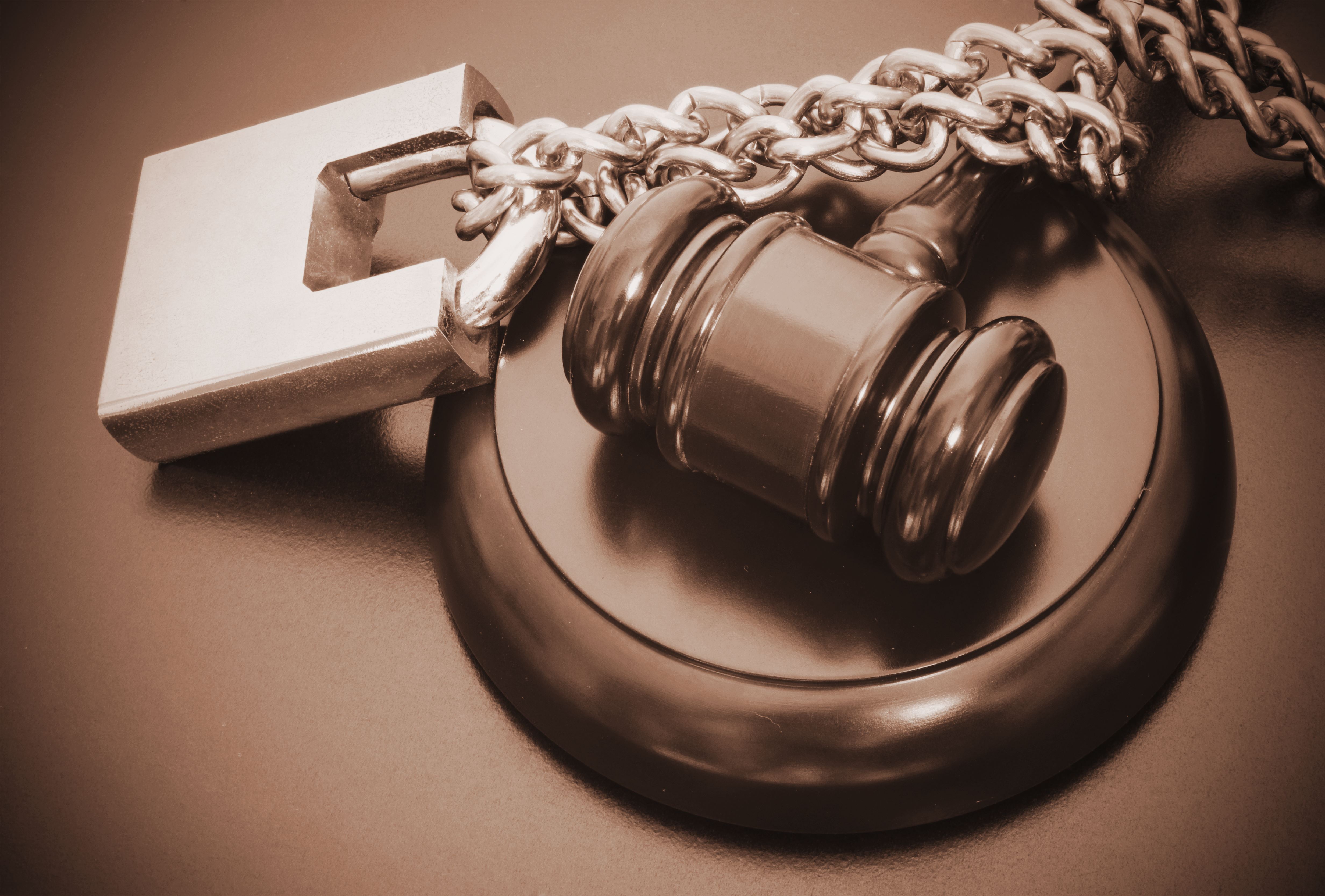Protective orders are court orders obtained through a judge or magistrate to help victims of domestic violence from further abuse.
They can protect other household members and may include personal property and require that the alleged abuser keep paying bills, including car, mortgage, and utility payments. Virginia law also allows the protective order to cover the actual residence, giving you and your family exclusive use of your home. During the pandemic, our firm has seen the number of people requesting protective orders skyrocket.
Here are 10 Things to Know About Protective Orders in Virginia.
- You must have been subjected to a violent act, force, or threat. Code of Virginia Sec. 19.2-152.10 determines the statutory eligibility requirements for people asking for a protective order. A protective order is Virginia’s version of a restraining order or no contact order. Typically, this means that there has to be a reasonable basis for a judge or magistrate to determine that there was actual abuse, a threat, or evidence of other type of domestic assault. So, if you receive a written text message that is too cryptic, you may not qualify for a protective order.
- The threat or act must have been within a reasonable time. This means that the abuse must have just occurred or have occurred not too long ago. If you wait too long to report it, you may not get a protective order.
- You must have been subjected to a bodily injury or placed in reasonable apprehension of sexual assault, death, or bodily injury. Would a reasonable person feel threatened by the act? Was there an actual bodily injury? Most often, this requires that you have some proof in either the form of a written police report, medical assistance, or witnesses.
- Protective orders are time-limited and expire.
- Emergency Protective Orders (“EPOs”) are typically given as part of an arrest if the police find evidence of a domestic assault against you, but you can ask for one outside of an arrest. EPOs last for 72 hours, but there are exceptions when the courts are closed.
- Preliminary Protective Orders (“PPOs”) are issued after an EPO expires, but you’re not required to first have an EPO to apply for a PPO. There is no hearing requirement, and if granted by a judge, the PPO will last 15 days, at which point, there will be a final hearing, so they can last up until the final hearing.
- Permanent Protective Order (“PO”) can last up to two years and can only be granted by a judge after a final hearing which requires that the alleged abuser be served with notice. You can apply for an extension every two years but must ask for an extension before your existing one expires.
- The judge granting the PO can require anger management counseling, drug and alcohol treatment, or temporary custody of your child(ren).
- You may not own a firearm if you have a permanent protective order against you.
- If ordered by the judge or magistrate, the alleged abuser may not have any contact with you or family members, including direct or indirect contact. They may not contact you at all, including calling you, visiting you, texting you, reaching out to you through other people.
- You can ask the court to modify or change the requirements or terms of a protective order, so if you want a court to add more terms to a protective order, you can apply for a modification. Similarly, if you are the alleged abuser, you can also apply for a modification through court to modify the terms of the protective order.
- Either the petitioner (the one requesting the protective order) or the respondent (the alleged abuser or the person under the protective order) can ask the court to dissolve a protective order.
- Virginia protective orders can be enforced under federal law in different states as long as the respondent’s due process requirements were met and you register your Virginia protective order in the other state.
Fairfax Family Law and Divorce Lawyer: An attorney with family law experience can help you understand protective orders and the legal implications of a protective order.
If you’re looking for an experienced Virginia family and divorce law attorney, contact Keithley Law, PLLC today by calling (703) 454-5147 and schedule an initial consultation in our Fairfax law office. We have decades of legal experience in high-conflict divorces.
Legal Disclaimer: The information provided on “Keithleylaw.com” is strictly for educational purposes and to provide you with general educational information about Virginia laws. Since state laws are subject to change, please schedule an appointment with our office to further discuss your personal situation. This public information is neither intended to, nor will, create an attorney-client relationship. This website may be considered AN ADVERTISEMENT or Advertising Material under the Rules of Professional Conduct governing lawyers in Virginia. This website is designed for general information only. The information presented at this site should not be construed to be formal legal advice nor the formation of a lawyer/client relationship. This website may not comply with other state ethics’ rules governing attorney advertising.


